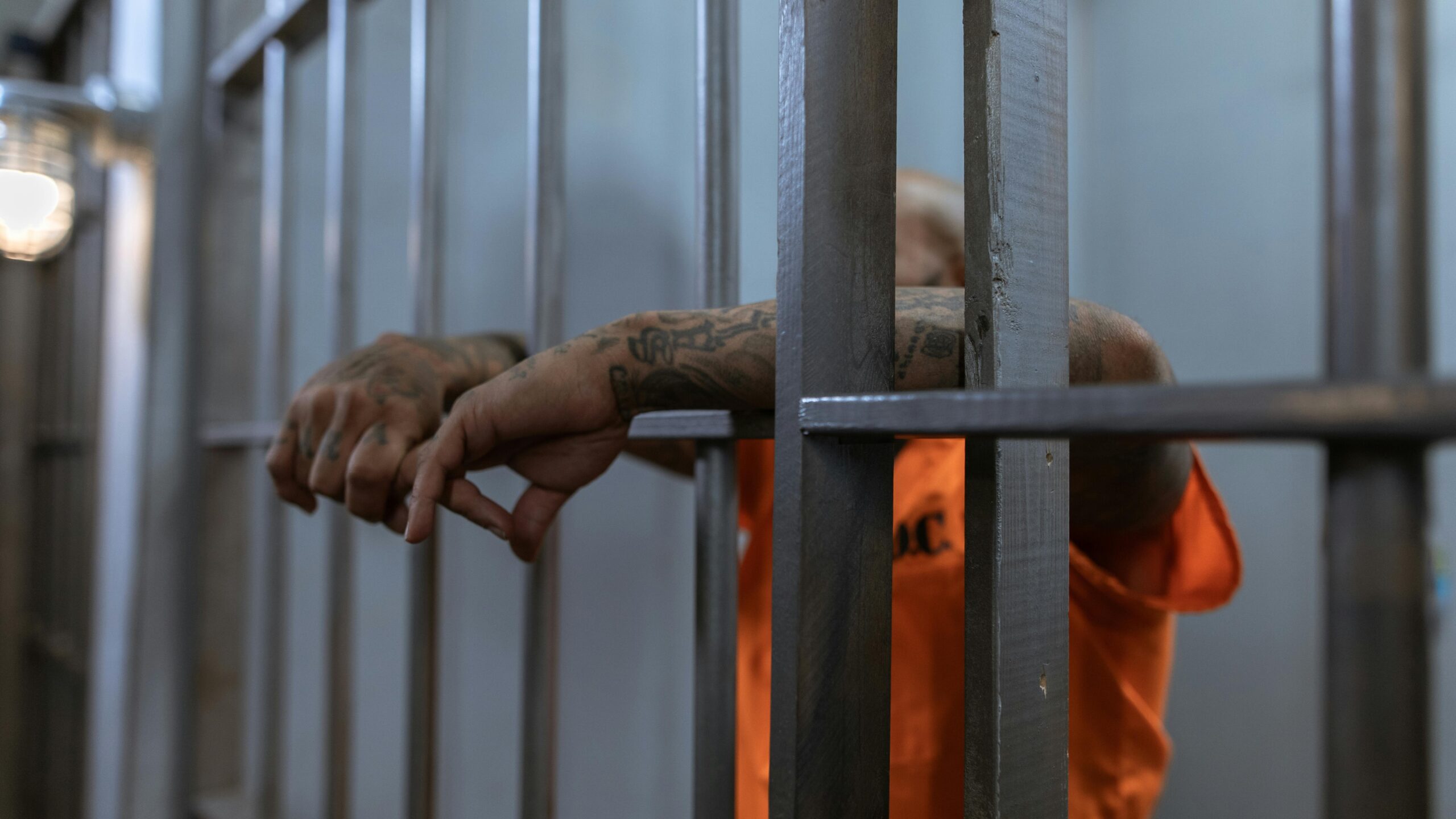A groundbreaking reintegration initiative designed to support prisoners in Hungary has commenced, with over 835 participants already preparing for life after incarceration, according to a statement by the Ministry of the Interior on Thursday.
The programme, known as the ‘Comprehensive Crime Prevention and Reintegration Programme to Strengthen Social Cohesion’, involves 4,000 prisoners across the country. It is funded by a non-repayable European Union grant of 5.658 billion forints and is part of the Human Resources Development Operational Programme Plus framework.
The initiative focuses on equipping inmates with marketable skills, developing competencies needed for employment, and providing rehabilitation services. Additional components include restorative justice programmes and fostering social reintegration to prepare prisoners for a productive life post-release. Participants receive personalized guidance to enhance their employability, cultivate stable relationships, and build a foundation for successful reintegration.
‘The programme supports prisoners for up to a year after their release, providing follow-up assistance to ensure long-term success’
The programme also aims to reduce reoffending rates and combat social exclusion. The initiative offers a suite of services to ease prisoners’ transition back into society, including individual and group training, job placements, and vocational education. Local communities benefit from restorative justice programmes, which strengthen inmates’ accountability and commitment to social values.
To sustain these efforts, the programme supports prisoners for up to a year after their release, providing follow-up assistance to ensure long-term success. Furthermore, the programme also includes services for inmates’ families to prepare them for the reintegration process and improve their socio-economic standing. Of the 4,000 expected participants, at least 750 inmates will have the opportunity to acquire marketable qualifications. The project also aims to extend services to 300 family members and involve at least 600 individuals in community employment initiatives.
The Ministry highlighted that similar initiatives, such as the 15-year-old ‘Tett (Deed) Programme’, have laid the foundation for this comprehensive reintegration effort. Implemented in partnership with the National Command of Penitentiary Institutions, the project builds on this legacy to deliver impactful outcomes. The Ministry also invited organizations to participate in restorative justice programmes within prisons, emphasizing the need for community support to make such initiatives effective.
‘Restorative justice can only succeed with a receptive audience,’ the statement noted.
The project’s overarching aim is to integrate released prisoners into the workforce and society, thereby fostering a safer and more cohesive community. Further details about the programme can be accessed at bv.gov.hu.
Related articles:








